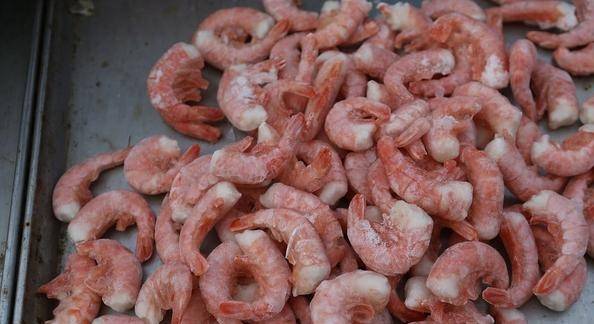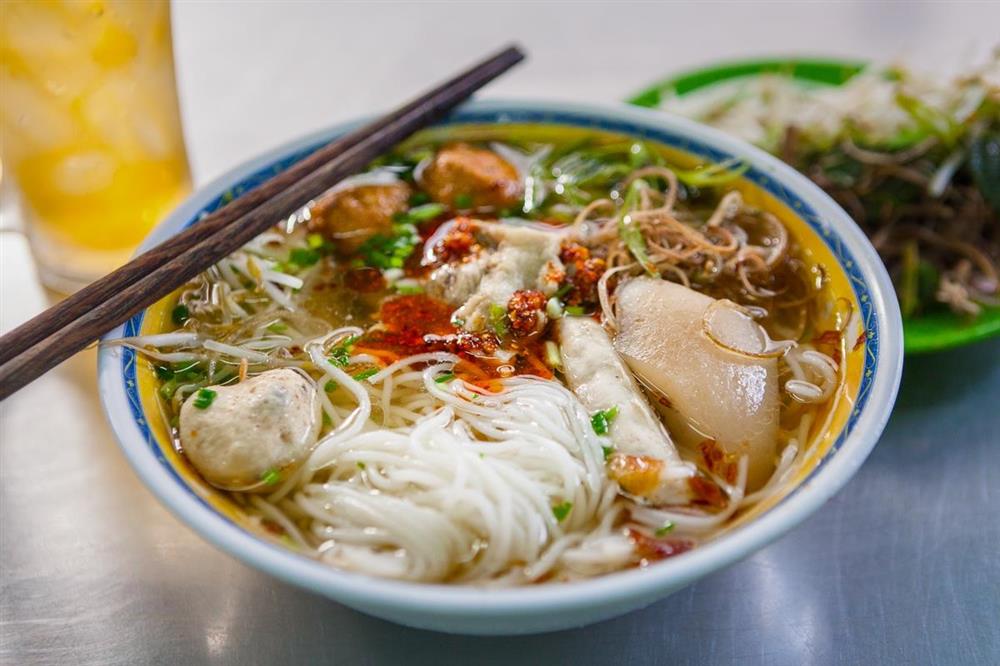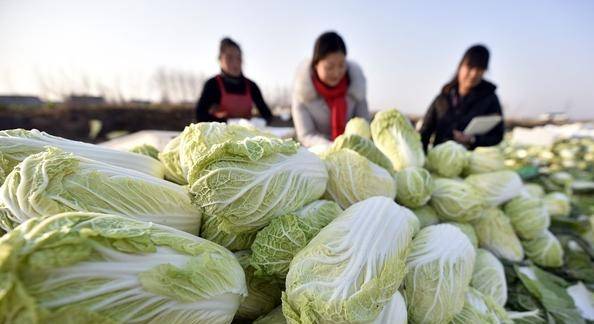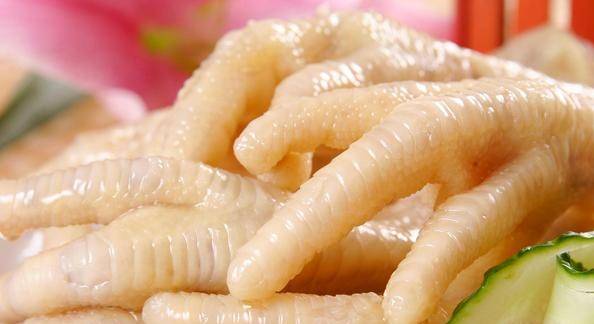At the local markets, there is an abundance of food products with a variety of designs, materials, and prices on display. Housewives tend to opt for cheaper options; however, it is important to be cautious as many low-cost food items nowadays contain the toxic preservative formaldehyde.
Formaldehyde is a highly toxic chemical often used by unscrupulous traders as a food preservative to keep produce looking fresh and attractive. It can cause chromosomal aberrations, mutations, and even cancer.
Experts from Sohu advise families to be vigilant when shopping for groceries and carefully select these five food items. If something seems amiss, it is best to avoid purchasing it, even if the price is tempting.
Be wary of these five formaldehyde-prone foods on your next market trip:
1. Frozen shrimp
When it comes to vegetables, keep an eye out for these three types of Chinese cabbage that could be laced with carcinogens, endangering your family’s health.
Shrimp, and seafood in general, are not recommended to be purchased frozen. Thawing shrimp results in a significant loss of nutrients, and the texture becomes soft and less crisp.
Moreover, shrimp is highly perishable, and to extend its shelf life, some manufacturers soak it in a diluted formaldehyde solution. This not only diminishes its nutritional value but also poses health risks. Even high-temperature cooking fails to eliminate this harmful chemical.
Formaldehyde has a strong odor and is readily soluble in water. It serves as a disinfectant, inhibiting bacterial growth.

When buying shrimp, opt for fresh ones to ensure the best flavor and nutritional content. Alternatively, you can choose dried shrimp, but ensure they are produced following proper safety and quality standards.
2. Noodles and vermicelli with an overly white color
While dry noodles and vermicelli are generally harmless, opting for low-quality ones that have been treated with formaldehyde poses a different story.
Formaldehyde-soaked vermicelli takes longer to cook, and the noodles become more elastic and resistant to breaking. Additionally, they emit a peculiar strong odor, reminiscent of disinfectant. In contrast, regular vermicelli cooks quickly, has a soft texture, and exudes a pleasant aroma.

Noodles and vermicelli treated with formaldehyde will appear excessively white and translucent, whereas regular noodles have a slightly cloudy appearance rather than a stark white color.
3. Chinese cabbage with black spots
When purchasing Chinese cabbage, pay attention to the leaves. If you spot a few small black spots, the vegetable is generally safe to consume.
However, if you notice large black spots or signs of decay, it’s best to avoid buying it. These spots could indicate excessive spraying with formaldehyde.

When buying Chinese cabbage, use your sense of smell to detect any unusual odors. Then, inspect the stems; if they appear crushed and yellowish while the leaves remain unusually fresh, be cautious. Typically, Chinese cabbage has a shelf life of about three days, but formaldehyde-soaked cabbage can remain unchanged for a week.
4. Chicken feet with an overly white color
Chicken feet are one of the most susceptible items to formaldehyde soaking due to their rapid perishability. Naturally, they have a slightly yellow hue and a mild fishy odor. However, if you come across chicken feet that are excessively white and emanate a strong preservative smell, they have likely been treated with chemicals.

5. Fish with an unusual odor
To maintain the freshness of fish, some fish sellers resort to using formaldehyde as a preservative. While it enhances the color and makes the fish appear fresher and more appealing, it also alters the natural scent of fresh fish.
According to a warning issued by the Hong Kong Food Safety Centre, consuming fish treated with formaldehyde can lead to severe abdominal pain, vomiting, coma, kidney damage, and even death. Therefore, if you detect a strong kerosene-like odor from the fish, it’s best to avoid purchasing it. Opt for fish that is visibly fresh and odorless.
Source: Phụ nữ Việt Nam









